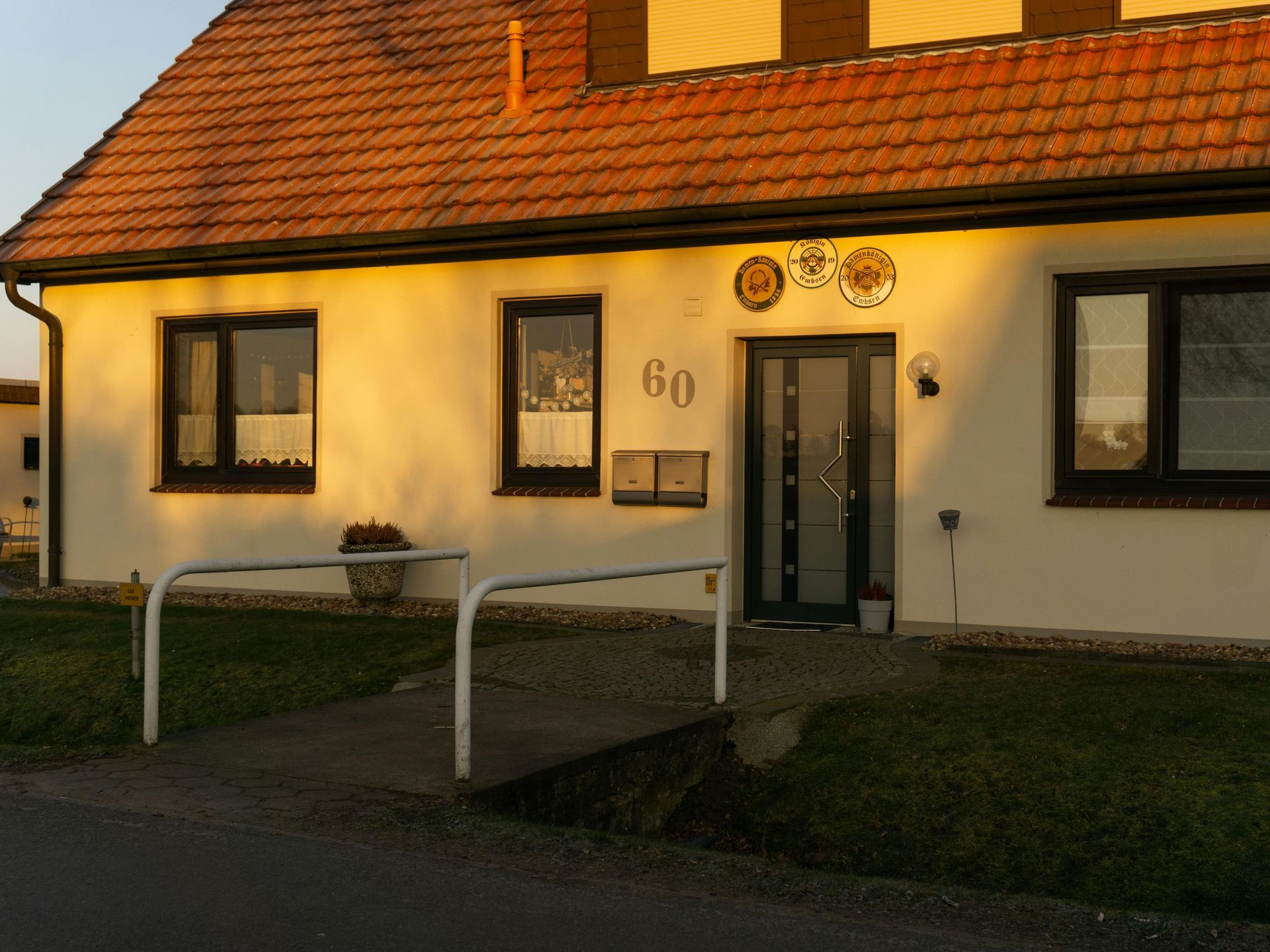In Vermont, tenants enjoy strong legal protections, and landlords must follow specific procedures when seeking to remove a tenant from a rental property. One of the most important requirements is having “just cause” for the eviction—especially when dealing with month-to-month or subsidized tenancies.
At Deppman Law PLC, we regularly advise both landlords and tenants on their rights and responsibilities under Vermont’s landlord-tenant laws. Today, we’ll walk through what “just cause” means, what qualifies, and how the rules apply depending on the type of tenancy.
What Does “Just Cause” Mean?
“Just cause” means that a landlord must have a legally valid reason to evict a tenant. In many Vermont municipalities—including Burlington and other communities with local rental ordinances—just cause eviction laws are in place to prevent landlords from evicting tenants arbitrarily or without reason.
Even where no local ordinance exists, state law still provides baseline protections. For subsidized housing (such as Section 8 or other public housing programs), federal and state rules require landlords to have just cause before terminating a lease—even at the end of the lease term.
Common “Just Cause” Grounds for Eviction in Vermont
While the specific language of just cause ordinances can vary slightly from one locality to another, the following are widely recognized as legal grounds for eviction in Vermont:
1. Nonpayment of Rent
This is one of the most common reasons for eviction. If a tenant fails to pay rent on time, a landlord may serve a notice to pay or quit. If payment isn’t made, the landlord can file for eviction—but only after giving proper notice, typically 14 days under Vermont law.
2. Violation of Lease Terms
If a tenant breaches a condition of the lease—such as subletting without permission, having unauthorized pets, or damaging the property—the landlord may pursue eviction. However, landlords must give the tenant written notice of the violation and may be required to give them time to correct the issue.
3. Illegal Activity
Engaging in illegal activity on the premises, such as drug use or distribution, may be grounds for immediate eviction. The landlord must still provide appropriate notice and evidence of the conduct in court.
4. Material Health and Safety Violations
If the tenant is creating conditions that endanger health or safety—for example, hoarding, failing to dispose of garbage, or disabling smoke detectors—these actions may support a just cause eviction.
5. Owner Move-In or Substantial Renovation
Some Vermont cities allow eviction if the landlord or a family member intends to move into the unit or if the property requires major renovations that necessitate vacancy. This must be handled carefully and often requires advance notice (typically 90 days) and documentation.
6. Refusal to Sign a New Lease (If Reasonable)
If a tenant refuses to sign a lease renewal with reasonable and legal changes, this may be considered just cause for non-renewal or eviction.
What Is Not Just Cause?
Landlords cannot evict tenants for discriminatory reasons, retaliate against tenants for asserting their legal rights (like complaining to the health department), or remove tenants without cause if local ordinances require it.
For example:
- A tenant cannot be evicted simply because the landlord wants a different tenant.
- You cannot evict a tenant for reporting code violations or requesting repairs.
- You cannot remove a tenant based on race, gender, family status, religion, or other protected categories under state and federal fair housing laws.
Just Cause Requirements Vary by Municipality
Some Vermont towns and cities—most notably Burlington—have their own “just cause eviction” ordinances that provide additional tenant protections. For example, Burlington’s ordinance passed in 2022 requires landlords to have just cause for any termination of a residential lease, including month-to-month leases.
Landlords operating in these municipalities must be careful to comply not only with state law but also with local ordinances, which may require longer notice periods or restrict certain grounds for eviction altogether.
The Importance of Proper Procedure
Even with just cause, landlords must follow specific legal procedures for eviction. This includes:
- Serving the correct type of notice (14, 30, or 60 days depending on the cause and lease type)
- Filing a court complaint if the tenant doesn’t vacate
- Obtaining a court order for eviction—self-help evictions are illegal in Vermont
Failure to follow these steps can delay the process and may expose the landlord to legal liability.
Contact Deppman Law PLC Today
Whether you're a landlord trying to understand your rights or a tenant facing eviction, Vermont’s landlord-tenant laws can be complex—and the consequences of missteps can be serious. At Deppman Law PLC, we help clients across Vermont resolve rental disputes, comply with local ordinances, and protect their legal interests. Contact us today to schedule a consultation and get experienced guidance tailored to your situation.

